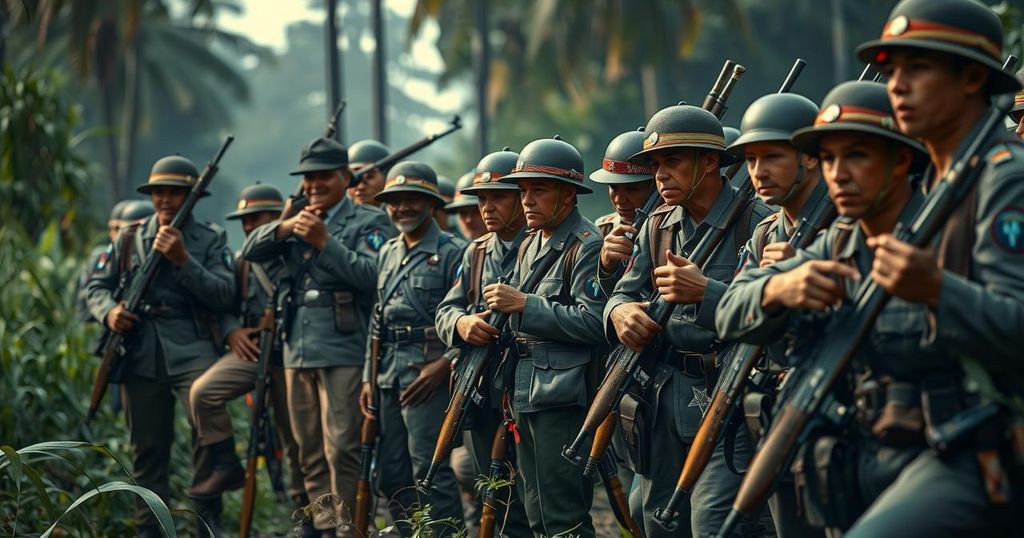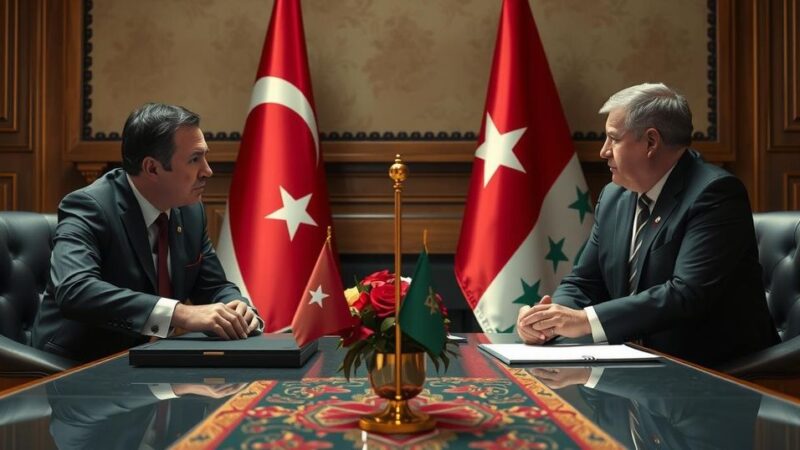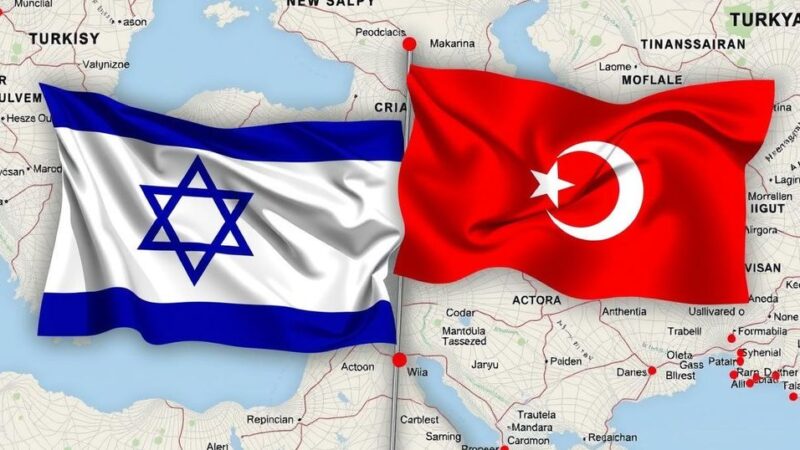The Dutch government knowingly tolerated systemic violence perpetrated by its military during the Indonesian War of Independence, challenging previous claims of isolated incidents. A recent report highlights the extent of violence against civilians and the complicity of political and military leadership while calling for accountability and acknowledgment of this dark chapter in history.
A recent report published under the auspices of the Royal Institute for Language, Land, and Ethnology (KITLV), the Netherlands Institute for Military History (NIMH), and the NIOD Institute for War, Holocaust, and Genocide Studies reveals that the Dutch government deliberately tolerated the widespread use of extreme violence by its military during the Indonesian War of Independence. The study challenges the Dutch State’s long-held narrative from 1969, asserting that systemic violence was prevalent rather than merely occasional excesses. The military aggression was largely motivated by the Netherlands’ desire to suppress the proclaimed independence of Indonesia, despite knowing the extent of the violent actions undertaken by Dutch forces against the Indonesian population.
The report highlights that the institutionalized violence included extrajudicial executions, torture, and extensive destruction of properties and livelihoods, categorizing these actions as not only tolerated but often executed with intention at various governmental levels. Researchers suggest that the Netherlands operated from a colonial perspective that inherently rejected the legitimacy of the Indonesian independence movement, contributing to a brutal campaign against the Republic. During this period, Dutch forces faced widespread criticism for their military conduct, yet chose to overlook the severity of the actions taken against Indonesian civilians, often dismissing these as necessary for military objectives.
The analysis points to an ingrained colonial mentality among Dutch officials who believed in their superiority and justified the devastating impact of military repression to regain control over former colonies. Ultimately, the report emphasizes the lack of accountability for Dutch military actions, where perpetrators of torture and executions often escaped punishment, fostering a culture of impunity within the armed forces.
Critics of the report, including the Committee of Dutch Debts of Honor, argue that it fails to fully acknowledge the Netherlands’ role as a perpetrator of war crimes and inadequate resolution for historical accountability. Concurrently, the Veterans Platform expresses dissatisfaction with the report, stating it erroneously categorizes the actions of the military, negatively portraying veterans while overshadowing the complex realities of the conflict.
This report arrives at a pivotal moment in understanding historical narratives surrounding the Indonesian War of Independence, which began in 1945 following Japan’s surrender in World War II. The Netherlands sought to regain its colonial authority over Indonesia, which had declared independence. This led to a protracted military campaign characterized by severe violence and human rights abuses. The findings aim to reassess the historical perspective and accountability related to these events, urging a critical examination of the systemic violence overlooked by previous investigations. Such analyses serve as important reflections on colonial attitudes and their lingering impacts in contemporary discourse.
In conclusion, the report highlights a significant and troubling aspect of Dutch colonial history, revealing the systemic tolerance of violence during the Indonesian independence struggle. It challenges previous assertions of isolated incidents of excess, calling for greater recognition of the actions taken by Dutch military forces and the complicity of their government. The dialogue surrounding this historical injustice remains contentious, with calls for a deeper commitment to acknowledging and reconciling with the past, as well as addressing the implications for the present narratives of military and colonial conflicts.
Original Source: nltimes.nl







